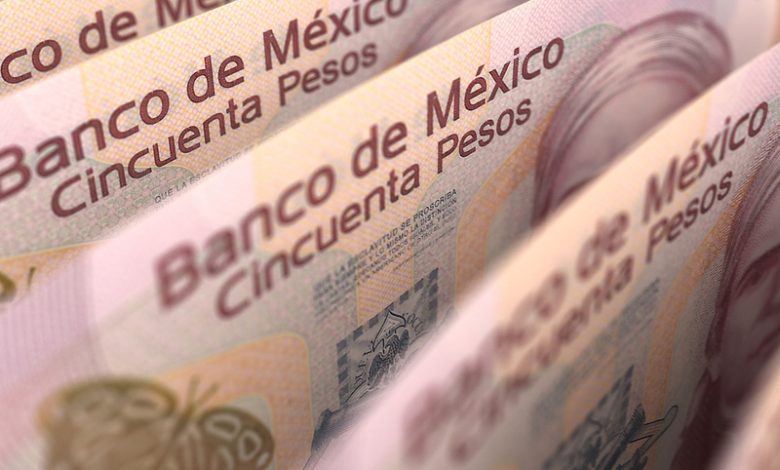
Mexican Banks Tighten Lending to States Amid Rising Graft Concerns, Reports Reuters
By Noe Torres and Dave Graham
MEXICO CITY (Reuters) – In a bid to prevent past financial troubles from resurfacing, Mexican banks are significantly limiting their lending to the country’s financially troubled state governments, many of which have been implicated in recent corruption scandals.
This year has seen the steepest decline in bank lending to state governments since the financial crisis of 2007-2009, coinciding with a notable increase in liabilities for several states over the past five years.
During the first half of 2016, commercial banks extended just 11 loans to local and state governments, totaling 8.471 billion pesos (approximately $451 million). This figure is less than half of the amount loaned during the same timeframe in 2015, when 32 loans were issued, based on finance ministry statistics.
The current drop in lending represents the most significant decline since 2009, a year marked by a recession in Mexico triggered by the global financial crisis.
Four states—Veracruz, Quintana Roo, Nuevo Leon, and Chihuahua—accounted for nearly half of the 70 percent increase in local government liabilities from 2010 to 2015, which reached 536 billion pesos (about $28.52 billion) by the end of December.
"We now have more cautious policies to avoid instances of over-indebtedness," said Armando Acevedo, who oversees local lending at Grupo Financiero Interacciones, a leading lender to municipalities and states.
In June, Moody’s downgraded the ratings of GFI, citing "increasing asset risks stemming from the bank’s significant exposure to regional and local governments in Mexico." Subsequently, Moody’s also downgraded the ratings for Veracruz and Chihuahua and changed the outlook for Quintana Roo, a tourist hotspot, to negative.
Mexico has faced two major financial crises in the past few decades—one in 1982 after a national default and another between 1994 and 1995, which was accompanied by a severe currency devaluation.
The Mexican government contends that there are no serious issues within the financial system, and a recently passed law enforces stricter lending regulations.
"I see a much more analytical banking sector now," remarked Marcela Andrade, who heads the Finance Ministry unit that coordinates with local governments. "It’s evident that they are scrutinizing potential borrowers more closely."
POLITICAL FALLOUT
Bank officials assert that they are not withdrawing from lending to regional borrowers, which primarily consist of the 31 states and Mexico City.
"We are simply being more prudent about which states we choose to lend to," stated Luis Robles Miaja, board president of a major Mexican bank.
Another prominent financier, who preferred to remain anonymous, expressed deep concerns about corruption and financial mismanagement in states like Veracruz, leading him to scale back his financial exposure.
Signs of this cautious approach are clear. Between December 2015 and June 2016, total loans extended by commercial banks to state and municipal governments fell by 3.1 percent to 324.3 billion pesos, according to central bank data. In contrast, loans to the private sector increased by 5.6 percent, amounting to 3.477 trillion pesos.
While local governments represent only a small portion of overall liabilities, corruption allegations have led to repercussions at the ballot box in the four states under scrutiny. Previously governed by President Enrique Pena Nieto’s Institutional Revolutionary Party (PRI) until 2015, Veracruz, Quintana Roo, Nuevo Leon, and Chihuahua have all shifted to opposition control, with former governors facing accusations of fraud and embezzlement—allegations they deny.
There are even concerns that some states might require a financial bailout.
"Veracruz is in dire financial straits," stated Armando Rios Piter, a senior member of the Senate finance committee from the center-left opposition Party of the Democratic Revolution, which recently won the state in coalition with the center-right National Action Party.
 GOOGL
GOOGL  META
META 


